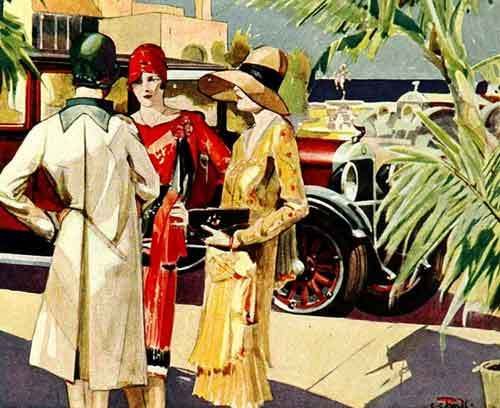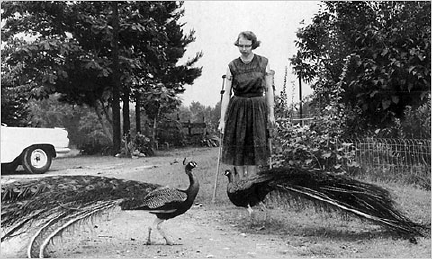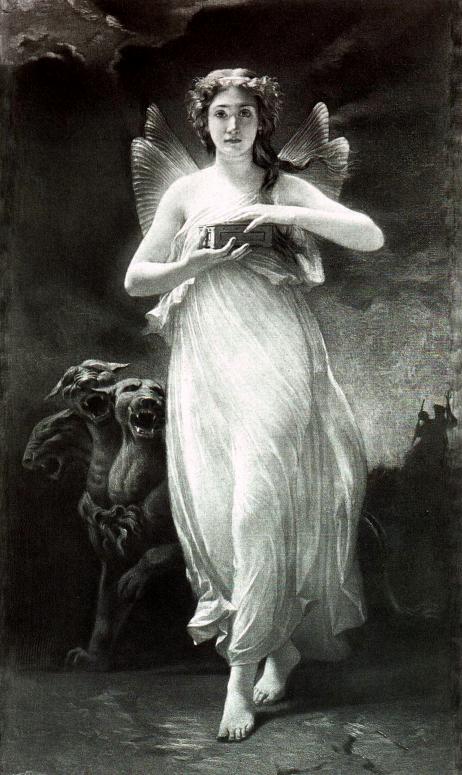A Jane Austen Education (how six novels taught me about love, friendship, and the things that really matter) by William Dereciewicz, while not necessarily a cheerful book in and of itself, gives me hope for the post-moderns. Dereciewicz, a book critic and former associate professor at Yale, professes in his new book that of Jane Austen's six novels Mansfield Park and Sense & Sensibility were the hardest for him to swallow; this is by no means surprising as these specifically focus on social virtue which is completely foreign to the post-modern mind. Things like inner-knowledge and self-awareness - which both Fanny and Elinor practice - is elusive for most of us. In her book, Jane Austen's Philosophy of the Virtues, Emsley suggests that Fanny does not only consider what is best for herself, but what is best universally. "Part of Fanny's wisdom involves not just the strength of her own mind and the rightness of her own judgment but also the ways in which she thinks in the context of tradition and authority..." Tradition and authority....hmmmm....these grate on the modern ear as well, but I was encouraged by Dereciewicz's allowing Jane Austen to teach him, and through his book, me. He resembled many who have made so many assumptions about Austen that are based on the movie adaptations at best (or would that be worst?), but as he reads her books his assumptions melt away to be replaced by revelations about himself. He states,
This book is by and large autobiographical. Yes, it is about Jane Austen, but it is more about Deresiewicz and how he was changed by reading her books. If read as an autobiography his book is rewarding. If read as a definitive work on Austen...not so much. I enjoyed traveling along with him through Austen's books, learning along with him, being reminded of why they are important to life. But I can't help but know that there is still a piece of the puzzle missing for him. The 'why' of it all. Why do we care? Why do we need to practice the social virtues? God is the implicit missing link in this chain of social virtue - it is the theological virtues of Faith, Hope, & Love which provide the soil for the classical virtues (Prudence, Justice, Wisdom, etc.) and the social virtues which then arise from them both. I still felt that he was missing these key things, although it is absolutely encouraging to see an iron-clad post-modern mind willing to really listen to Austen's works and let it speak to them, rather than re-interpreting her to fit their ideology. Even a modern mindset is no proof of invulnerability against the art & the thought of Austen - what an encouraging thought.I was used to thinking about growing up in terms of going to school and getting a job...If I had been asked to consider what kinds of personal qualities it might involve -- which I doubt I ever was -- I would have spoken of things like self-confidence and self-esteem. As for anything like character conduct, who even used such words anymore? (p.51)
However, there is a great deal more to say, and much farther to go. When, for example, he tells us that Henry was trying to show Catherine how absurd the social conventions of her day were (p.88), or when he tells us that Anne's "family simply didn't matter to her anymore" (p.183), he is translating her books with a post-modern eye; misrepresenting Austen's essential elements. Austen's practicing of the virtues is not to avoid pain or increase pleasure (i.e. to be 'happy'), but rather the change of self which involves wisdom and leads to true and lasting joy. He writes, however, that Emma changed his whole way of thinking about life. "I still loved modernism, I just no longer believed it was the only way to make art, and I certainly didn't think it was the way to live." (p.34) The fact that he was willing to be changed by Austen gives me hope that the virtues of which she wrote will someday find a way into his soul.


















